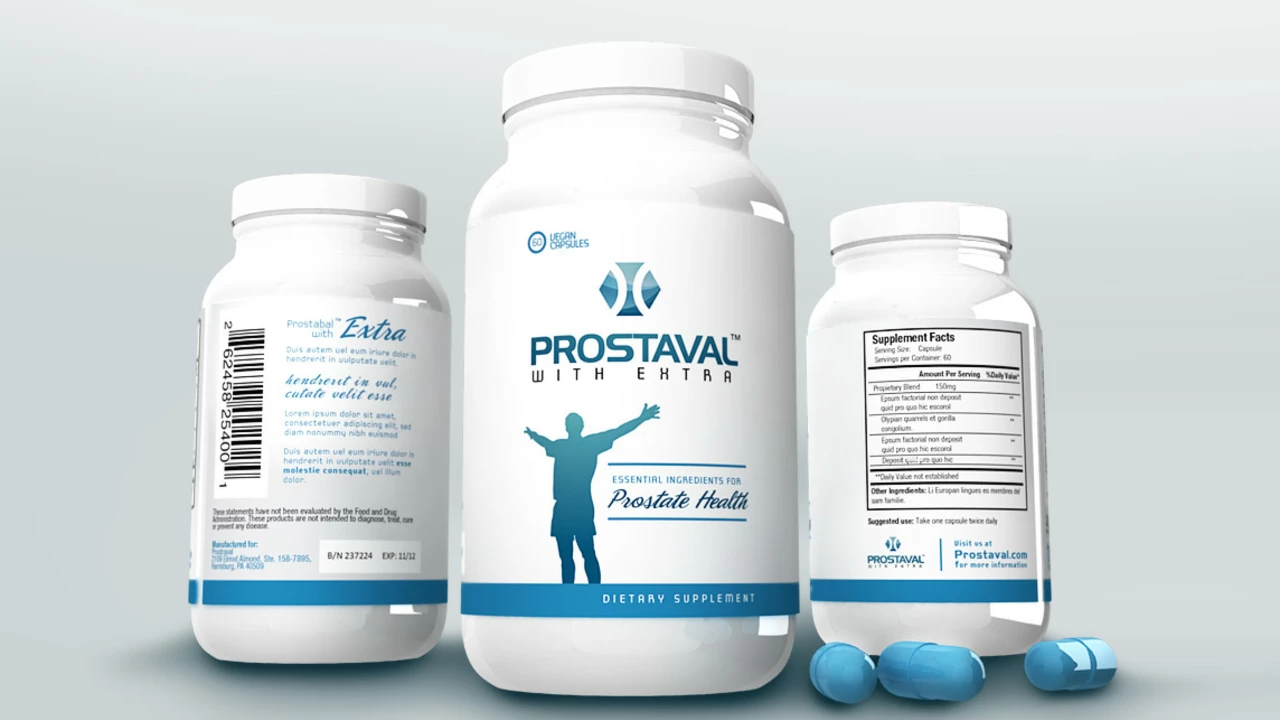Glycomacropeptide: What It Is and Why People Use It
Glycomacropeptide (GMP) is a natural peptide from milk that’s getting attention for real-world benefits. Unlike most milk proteins, GMP naturally lacks phenylalanine. That makes it valuable for people with phenylketonuria (PKU), a genetic condition where phenylalanine builds up and causes damage. GMP also shows promise as a prebiotic, a tool for gut health, and an ingredient in medical foods and supplements.
How does it work? GMP is a digestion fragment released when cheese is made. It carries sugars and small bioactive pieces that feed helpful gut bacteria and can modulate immune signals. In simple terms, GMP is food for good microbes and a gentle influencer of inflammation and digestion.
Practical benefits people report
For people with PKU, GMP-based formulas provide a tasty protein source with very low phenylalanine. That helps meet protein needs without raising risky amino acid levels. Athletes and anyone seeking gut support find GMP interesting because it can encourage growth of Bifidobacteria and Lactobacillus, bacteria linked to better digestion and stool regularity. Early studies also link GMP to lower gut gas and less bloating compared with some other proteins.
GMP may help appetite control too. Some research shows it can increase feelings of fullness after a meal, which can be useful if you’re trying to trim snacking. Plus, its mild immune effects could be helpful after illness or during recovery, although this needs more human trials.
How to use GMP safely
If you’re considering GMP, start by checking the label: it’s usually listed as glycomacropeptide or GMP and often appears in medical foods, protein powders, and infant formulas made for PKU. Talk with your doctor or dietitian before using it, especially if you have PKU, milk allergy, or a complex health condition. GMP is milk-derived, so it’s not safe for people with true milk protein allergy.
Dosage varies by product. Medical GMP formulas list clear serving sizes; supplements usually suggest 10–30 grams per day split across meals. Watch for added sugars and fillers—some protein mixes add flavorings that reduce the overall benefit. If you try GMP and notice digestive upset, pause and consult your provider.
Where to buy? Look for reputable medical food suppliers, pharmacy-grade brands, or clinical nutrition lines. Avoid cheap knockoffs and check for third-party testing when possible. For PKU management, always follow your metabolic clinic’s advice; GMP can be a helpful option but it should fit into a full dietary plan.
GMP isn’t a miracle cure, but it’s a useful, science-backed tool for specific needs: PKU nutrition, gentle gut support, and as part of targeted medical foods. Want practical help finding GMP products or comparing labels? Ask your clinician or drop a question here and we’ll point you toward safe choices.
Storage and timing matter. Store GMP powder sealed in a cool, dry place and use by the manufacturer date. Start slowly — one small serving per day for a week — then increase if you tolerate it. If you take other supplements or medications, mention GMP to your provider to avoid unexpected interactions. Pregnant or breastfeeding? Ask your doctor before trying GMP. Start smart.

Experience the Life-Changing Advantages of Glycomacropeptide – The Ultimate Dietary Supplement
Jul 26, 2023, Posted by Mike Clayton
In my journey to discover the ultimate dietary supplement, I've found Glycomacropeptide, a game-changer that offers numerous health benefits. This unique nutrient, found in whey protein, is known to regulate appetite, support gut health, and enhance mineral absorption. It's also been a godsend for those with specific dietary requirements, like Phenylketonuria patients, providing essential proteins without the harmful amino acid Phenylalanine. I've been amazed by the transformative health benefits of this incredible supplement. Incorporating Glycomacropeptide into my diet has made a significant difference in my overall wellbeing.
MORESEARCH HERE
Categories
TAGS
- treatment
- online pharmacy
- dietary supplement
- side effects
- generic drugs
- medication adherence
- medication safety
- health
- dietary supplements
- health benefits
- online pharmacy Australia
- generic substitution
- adverse drug reactions
- thyroid disorders
- gabapentin
- treatment option
- calcipotriol
- blood pressure
- erectile dysfunction
- closer look
